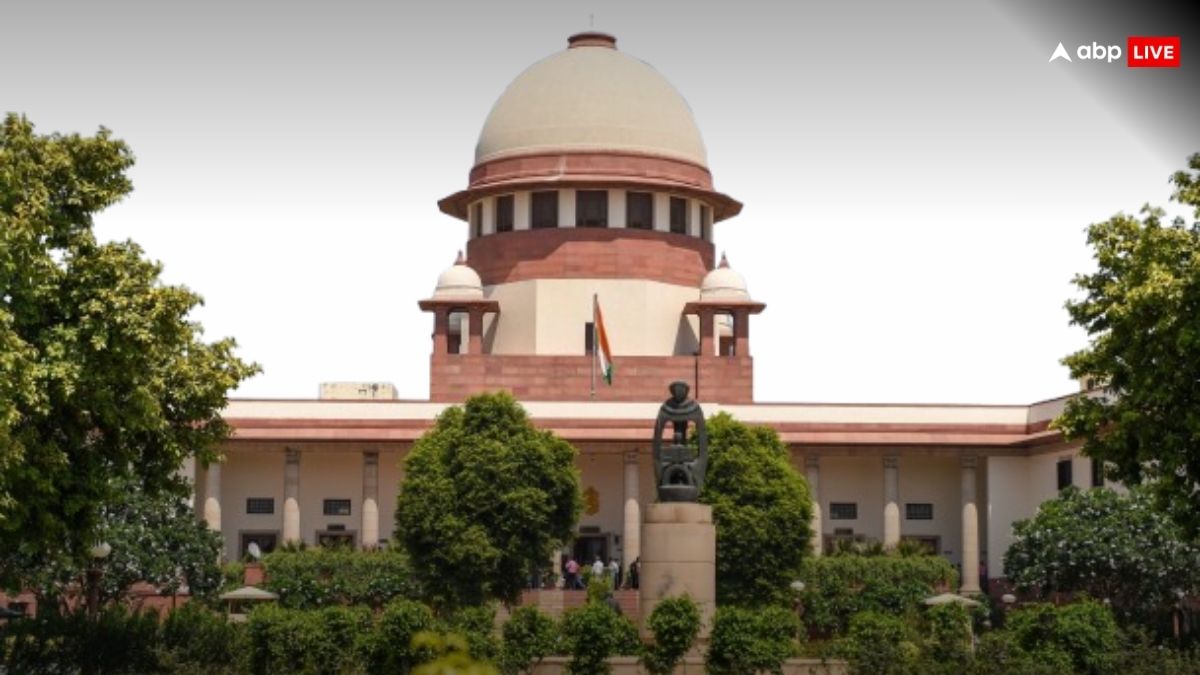
The court said that the properties declared by courts as waqfs should not be de-notified as waqfs, whether they are by waqf-by-user or waqf by deed, while the court is hearing the challenge to the law
The Supreme Court on Wednesday heard petitions challenging the Waqf Amendment Act and asked tough questions to the centre on several provisions of the recently passed law, especially 'Waqf by user', 'Waqf by deed' and what the Waqf board would be composed of.
Though the Supreme Court fell short of issuing an interim order, the bench will resuming hearing in the case at 2 pm on Thursday.
The court ruled that the properties declared as Waqf by courts will not be de-notified as Waqfs, however, adding that the Waqf properties will not be treated as a Waqf while the Collector is conducting an inquiry on the nature of the land.
Senior Advocate Kapil Sibal, who began the submissions for the petitioners, argued on several points, including state's 'interference' on Waqf lands, the powers of the Collector and the case of protected monuments.
ALSO READ | Waqf Properties Cannot Be Denotified, All Members Of Waqf Board Must Be Muslims: SC
He also brought in the provision of 'Waqf by user' saying it is an integral part of Islam. "The problem is, if a waqf was created 3,000 years ago, they will ask for the deed," he said.
Sibal questioned who the government is to decide how the inheritance should happen and added that the state was interfering with the aspect during the life of the person.
Referring to Section 3C of the Waqf Act that states that a government property would not be a Waqf property and that the government's authority would decide the dispute, Sibal asked how an officer of the government will be a judge in his own case, adding that it is unconstitutional.
Sibal also flagged the nomination of the non-Muslims in the Central Waqf Council and the State Waqf Boards, calling it a direct violation of Article 26.
He argued that the law regarding the Sikh Gurudwaras and Hindu Religious Endowments do not permit the inclusion of people of other faiths in their boards.
The top court then asked the Centre if Muslims would be allowed to be part of Hindu religious trusts. "Mr Mehta, are you saying you will allow Muslims to be part of Hindu endowment boards? Say it openly," Chief Justice Sanjiv Khanna questioned.
Justice Khanna then ruled, "Our interim order will balance equities. We will say that whichever properties were declared by the court to be waqf will not be denotified or be treated as non-waqf... whether it's waqf by user or not. Collector can continue with proceedings... but the proviso will not be given effect to. Regarding board and council... ex officio members can be appointed. But the other members have to Muslims."
The CJI further proposed to pass an order to say that ex-officio members could be appointed regardless of their faith but others had to be Muslims. The apex court questioned Mehta on how waqf by user can be disallowed as many would not have requisite documents to get such waqfs registered.















0 Comments